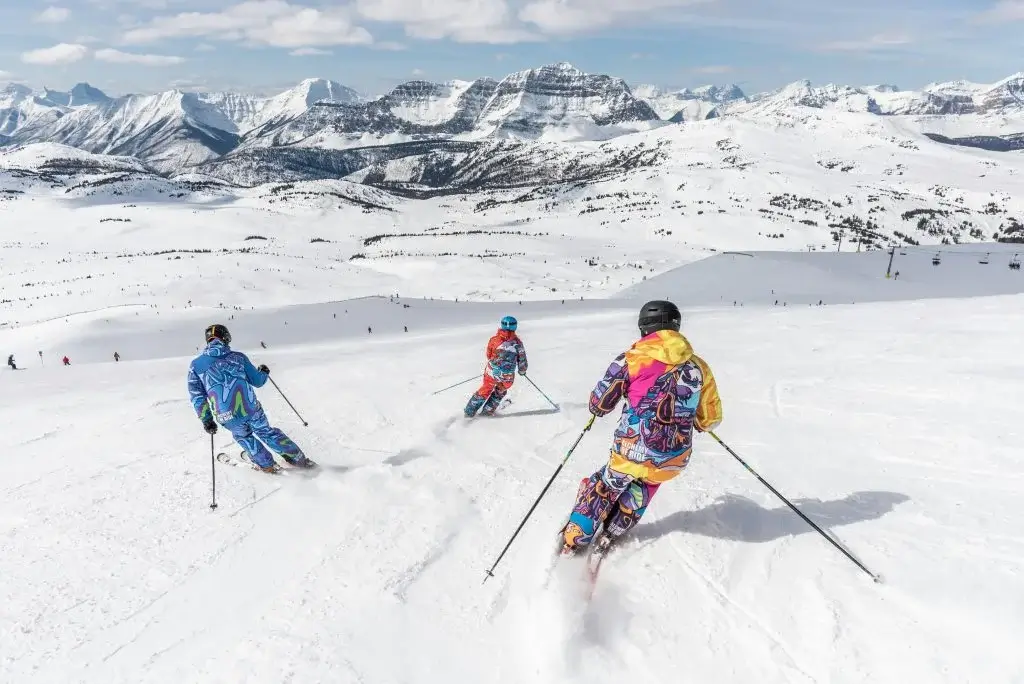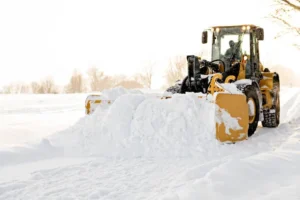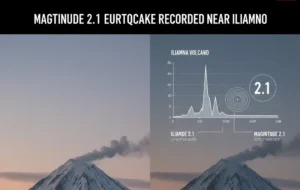Climate change hitting skiing hard, forcing Nevis Range, a renowned Scottish ski resort, to delay its winter season until February. Typically, the resort near Fort William opens its slopes in late December and operates through April. However, drastic shifts in winter weather patterns and destructive storms have disrupted this schedule.
Over the past few years, Nevis Range has only managed to open for skiing on one or two days in January. This reality has compelled the resort’s team to rethink their winter operations. “We’re as passionate as ever about skiing, but climate change is a harsh reality,” they acknowledged.
To adapt, Nevis Range will focus on maintenance and resource conservation during the delayed start. Additionally, the resort will close on Mondays and Tuesdays to reduce costs. If snow conditions become exceptional, the resort will open earlier than February.
Nevis Range, situated on Britain’s eighth-highest mountain, Aonach Mor, has been a beloved ski destination for 35 years. Local skiers have enjoyed the mountain since the 1930s. Unfortunately, climate change is impacting Scotland’s winter landscape. Last month, the Sphinx, a historic snow patch, melted for the fourth consecutive year.
Avalanche forecasters have also observed climate change’s effects in Scotland’s mountains. The Scottish Avalanche Information Service notes rapid condition changes and increased avalanche risks. Named storms bring brief winter conditions, rising temperatures and snow loss.
The climate change hitting skiing has prompted Nevis Range to adjust its operations. The resort aims to ensure survival and provide exceptional skiing experiences by delaying its season. The shift underscores the need for resilience in the face of climate-driven challenges. As the ski industry evolves, innovative solutions and collaborative efforts will be crucial to mitigate climate change’s impact, protecting the sport and Scotland’s winter heritage for future generations to enjoy and cherish.









